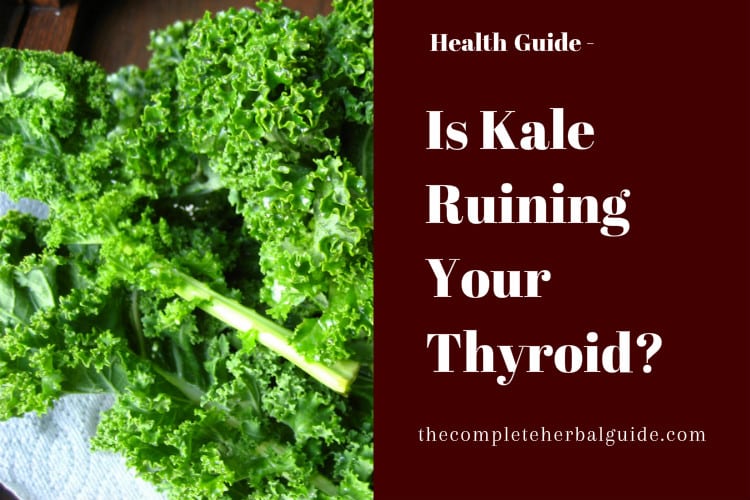
Natural Remedies For An Under-Active Thyroid
It is estimated that more than 20 million people in the United States have some form of thyroid disease, the most common being hypothyroidism. So if you haven’t heard of the thyroid gland, it’s time to listen up because information about this small powerhouse gland can sometimes be confusing.
The thyroid gland is a butterfly-shaped gland found in the front of the neck. Despite its’ size, the thyroid gland works together with the pituitary gland (the control center located in the brain) to produce thyroid hormone and eventually control metabolism, growth, temperature, and energy levels.
In order to make thyroid hormone, the body also needs an adequate amount of iodine. This mineral can usually be found in dairy products, eggs, bread, vegetables, and table salt. Typically an iodine supplement is not necessary, and I seldom recommend this to my patients. Having said this, if your thyroid tests are normal, and you are still experiencing some of the symptoms below, you should review your diet with your physician.

Common Symptoms of Underactive Thyroid:
When individuals have an underactive thyroid or a problem with thyroid hormone production common symptoms include:
- Feeling cold
- Tiredness/Fatigue
- Weight gain
- Brittle nails and hair
In many cases, diet can affect our health and certain foods can even affect our medications and medical conditions. Recently, kale and a few other healthy foods have gotten a lot of heat for being “goitrogenic” foods. A goitrogen is a food or substance that can disrupt the function of the thyroid gland and thyroid hormone throughout the body. But if there is ONE thing I want you to remember, it is that you do NOT have to quit these foods. Research suggests that consuming these foods in small quantities has very little if any impact on thyroid hormone function, particularly in areas where there is minimal iodine deficiency (the United States). If you are still concerned, foods classified as “goitrogenic” can be heated to reduce or eliminate their thyroid interfering properties.
Here is a list of notable goitrogenic foods:
- Cruciferous vegetables (broccoli, cauliflower)
- Cabbage
- Kale
- Soy
- Strawberries
- Peanuts
So before you ditch kale for good, or avoid peanuts like the plague, consider heating or steaming these foods, and keeping your intake to about twice a week if you have underlying thyroid disease.






